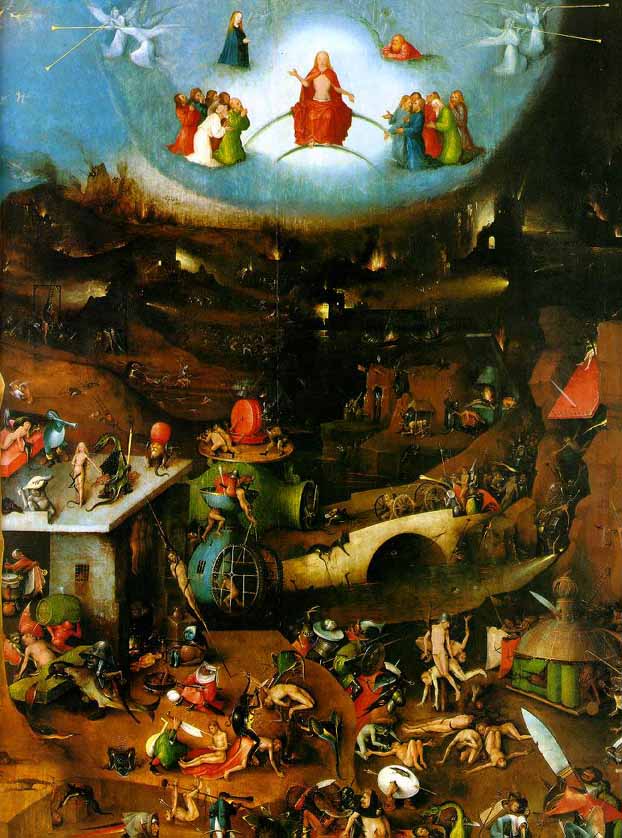 Judgement Day Theories
Judgement Day TheoriesThe end may be near, but exactly how near is the sticky question. As millennium fever swept the globe, party planners and doomsdayers alike were fixated on the year 2000. Meanwhile, Judgment Day sticklers have been obsessing over the fact that there never was a "year zero," and therefore A.D. 1 plus two millennia equals 2001. But pinpointing Armageddon isn't quite that simple. When it comes to end times, there are as many proposed dates as there are fates (Rapture or Tribulation? Fire or Flood? Demons or Pleiadeans?).
However, in the wake of past doomsday embarrassments (the world didn't end in the year 1000, and the hoopla over the 1987 Harmonic Convergence turned out to be the spiritual equivalent of 8-track tape), few latter-day prophets are willing to stick their necks out and name a drop deadline. "What the prophets try to do is make predictions and leave the fulfillment vague," explains Stephen D. O'Leary, a millennial scholar at the University of Southern California. The most successful millennial prophets remain "strategically ambiguous," he says. He prophets who do get specific tend to be the more marginal ones."
It's no surprise that the Internet, a haven for marginal oracles of all strips, is home to millenarians who are bold enough to set a date. In fact, the Internet has assumed an important role on the end-times stage. "The Internet will be to the twenty-first century what the printing press was to the sixteenth," says medieval historian Richard Landes of Boston University, who, with O'Leary, cofounded the Center for Millennial Studies. Just as the printing press made apocalyptic tracts available to the public five hundred years ago, the Internet disgorges a vast literature of alternative doomsday scenarios.
"The Internet has increased the amount and the kind of information people have at their disposal to construct millenial scenarios," says O'Leary. "It also gives people a chance to try out different interpretations and prophecies in electronic discussion groups." In effect, he says, "the Internet provides a kind of social reinforcement," a public-address system for "people who might otherwise be relegated to the fringes as crackpots."
Well, in the lottery of multiple Armageddons, today's crackpot may turn out to be tomorrow's messianic seer. So how can the rest of us plan for the ultimate end and/or final beginning? The handy guide to doomsday chronologies is a good place to start, and a good place to determine if any of these are in fact true:
July 1999 (Nostradamus): This end date arrives in the summer of 1999 (just in time for that Prince song). Everybody's favorite sixteenth-century doomsayer was uncharacteristically specific when he prophesied that "in the year of 1999 and seven months will come a great king of terror from the skies…." Rather than interpreting that to mean Stephen King skydiving, latter-day pessimists are thinking nuclear missile strike. And the pessimists' tent is big enough for everyone: Everyone banking on the end of the world wants a piece of nuclear Nostradamus - New Agers, psychics, fundamentalist Christians, and Tom Clancy fans alike.
Read complete story at http://theunexplainedmysteries.com/judgement-day.html

No comments:
Post a Comment